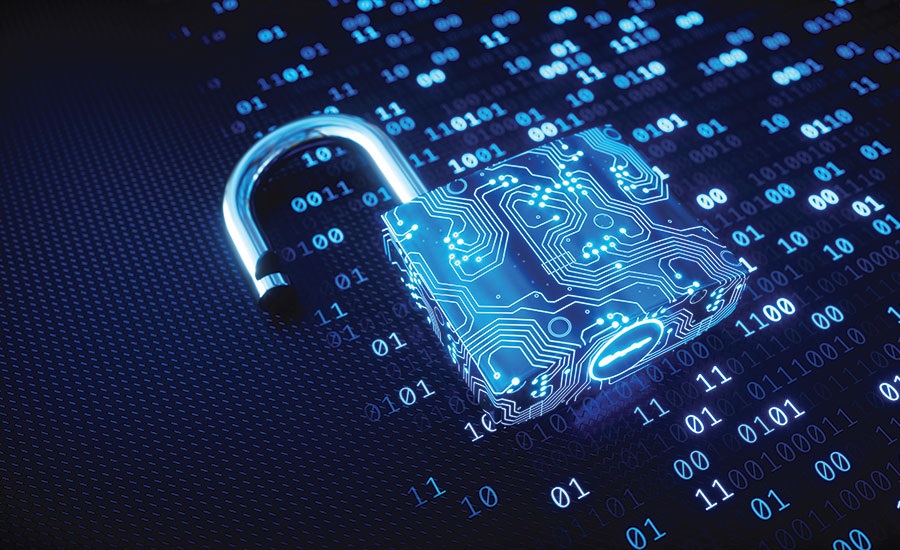In recent years, cybersecurity breaches have become a rising concern for organizations of all sizes and industries. These breaches have the potential to cause significant harm to businesses, including reputational damage, financial loss, and legal liabilities. As such, it is crucial for organizations to understand the legal and ethical considerations surrounding data breaches, privacy violations, and liability issues.
The Impact of Cybersecurity Breaches on Organizations
Cybersecurity breaches can have far-reaching effects on organizations, both in the short and long term. The most apparent impact of a breach is the immediate financial loss incurred by the organization. This loss can come in the form of lost revenue, costs associated with remediation, and legal fees.
However, the impact of a cybersecurity breach extends far beyond financial loss. For example, the reputational damage an organization suffers after a breach can be severe and long-lasting. Additionally, cybersecurity breaches can have a significant impact on customer loyalty, as consumers may be less likely to trust a company that has experienced a data breach.

Legal and Ethical Considerations
When it comes to cybersecurity breaches, there are several legal and ethical considerations that organizations must navigate. One of the most pressing issues surrounding data breaches is legal liability. Organizations that collect and store customer data have a legal responsibility to protect that data from unauthorized access or disclosure. In the event of a data breach, an organization may be held liable for any damages or losses suffered by the affected individuals.
Privacy violations are another critical consideration in the aftermath of a cybersecurity breach. Depending on the nature and scope of the breach, individuals may have had their personal information exposed, such as their name, address, and Social Security number. This information can be used to commit identity theft, which can have severe and long-lasting consequences for the affected individuals.

Finally, there are ethical considerations to be mindful of when it comes to cybersecurity breaches. Organizations have a responsibility to act in the best interests of their customers and to keep their personal information secure. Failing to take reasonable steps to protect customer data can be seen as a breach of trust and can have serious consequences for the organization’s reputation and customer relationships.
As cybersecurity breaches become increasingly common, organizations must be proactive in their efforts to protect customer data and navigate the legal and ethical implications of a breach. By prioritizing cybersecurity measures and engaging in thoughtful planning and preparation, businesses can minimize the risk of a breach and ensure they are equipped to handle any issues that may arise. Additionally, by embracing transparency and accountability, organizations can maintain their customers’ trust and protect their reputation in the event of a breach.





